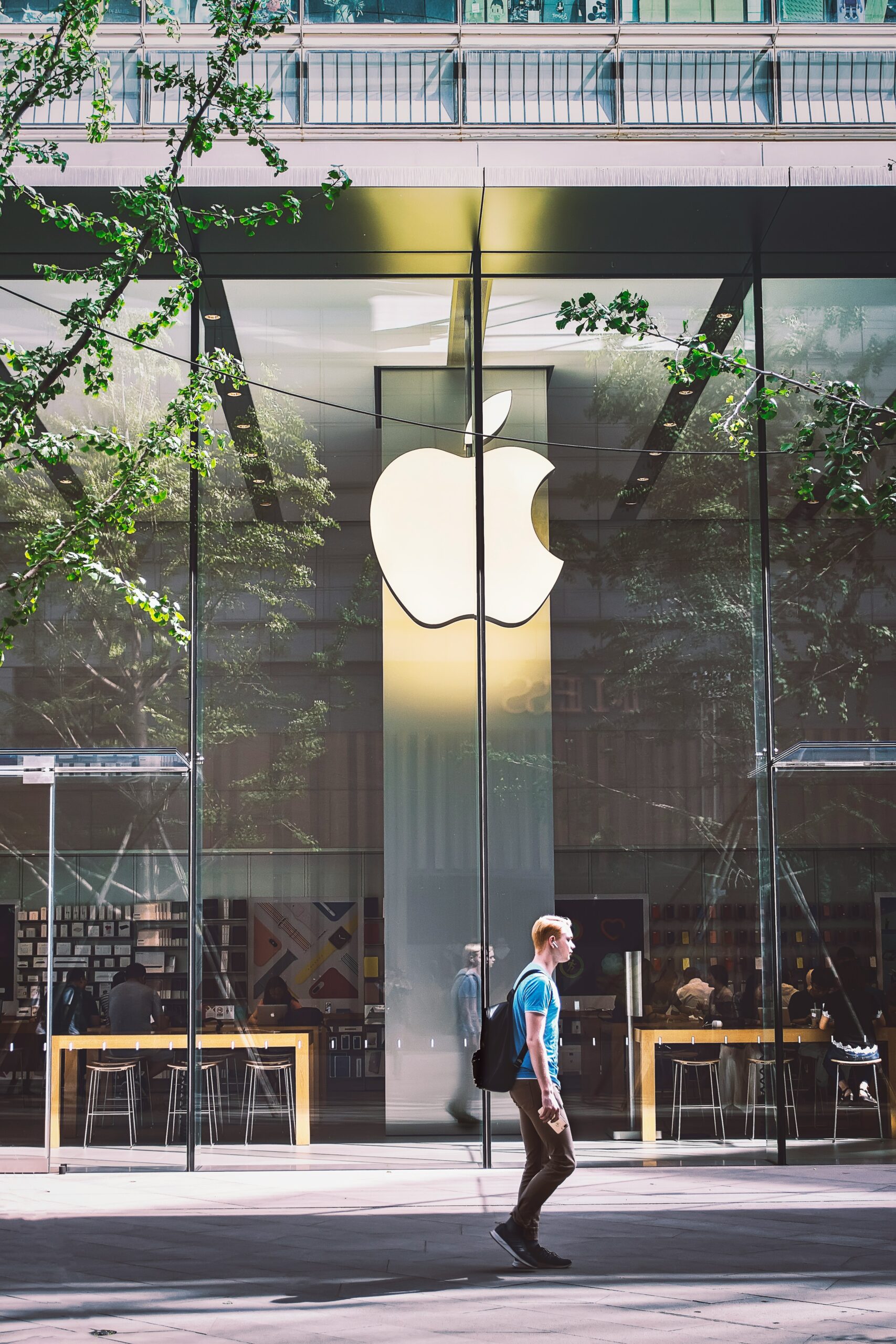Image credit: Unsplash
The first Monday of 2025, January 6, saw a landmark moment for Apple as the American Multinational Corporation welcomed Kevan Parekh as its new Chief Financial Officer (CFO). Parekh has previously served at Apple as vice president of financial planning and analysis. Now, he has officially succeeded Luca Maestri, assuming the responsibility of spearheading one of the most influential finance teams in the world.
A recent 8-K filing with the US Securities and Exchange Commission (SEC) revealed Parekh’s appointment as the new CFO. This transition shows the challenges CFOs face in an era of accelerated innovation and global economic complexities.
A Strategic Shift at Apple
Parekh’s promotion was announced as Apple, the world’s largest company with a market capitalization of $3.27 trillion, achieved a historic milestone of a $4 trillion valuation driven by its artificial intelligence (AI) advancements. The stakes for Apple’s financial leadership are now higher. The new CFO is expected to be crucial in accomplishing the company’s ambitious AI investments while ensuring financial agility.
“Mr. Parekh joined Apple in June 2013 and assumed his current position in January 2025. Mr. Parekh’s previous positions at Apple include Vice President, Financial Planning and Analysis and Vice President, Finance for Sales, Marketing, and Retail. Prior to joining Apple, Mr. Parekh held various senior leadership roles at Thomson Reuters and General Motors,” the company’s filing noted.
Meanwhile, Maestri, Apple’s outgoing CFO, will remain with the company, leading Corporate Services teams that include information systems, technology, security, and real estate development. This seamless transition highlights Apple’s commitment to maintaining continuity while adapting to new challenges.
Redefining the Role of CFOs
This massive shift in leadership in Apple reflects a broader evolution in the role of CFOs across industries. While the position was once confined to back-office operations like compliance and bookkeeping, financial strategies have become a significant growth and innovation driver.
“Organizations that are early adopters and larger-scale consumers of new technology will accelerate ahead,” said Seamus Smith, executive vice president and group president at FIS.
AI and machine learning (ML) tools to ensure financial agility while embracing real-time financial insights will be considered a key responsibility for CFOs in 2025. As businesses are battling global inflation, geopolitical uncertainties, and fluctuating currency markets, CFOs are expected to utilize advanced analytics to devise strategies to optimize cost structures, hedge risks, and maintain liquidity to explore more opportunities.
Role of AI in Shaping Financial Leadership
Apple’s focus on AI has become a case study for CFOs of other ventures to learn ways to manage high-stakes innovation. From integrating AI into its product lineup to exploring generative AI applications, Apple’s financial leadership must balance R&D expenditures and long-term value creation in 2025.
According to PYMNTS Intelligence, “Most CFOs See Limited ROI From GenAI, but Boost Its Investment,” with 75% of CFOs planning to increase AI investments. This dual focus on strategic allocation and internal efficiency reshapes how finance teams operate.
“CFOs are uniquely positioned to leverage AI-driven analytics for internal efficiencies,” the report added, emphasizing real-time forecasting and predictive supply chain management tools.
Moreover, generative AI is increasingly adopted to enhance financial tasks. A PYMNTS report, “Outlook 2025: CFOs Envision Growing Role for Generative AI in Finance,” revealed that over 60% of CFOs use GenAI to visualize data and create reports. For them, AI is making complex financial data more accessible.
Challenges and Opportunities in a Complex Global Economy
As Apple enters 2025, the role of its CFO will become more crucial in combating macroeconomic challenges, including inflation and global tax strategies. For Parekh and his peers, harnessing real-time data and analytics will be indispensable to mitigate potential risks and identify growth opportunities.
Parekh’s appointment as the new CFO reflects a broader “back office revolution,” where technological advancements like integrated enterprise resource planning (ERP) systems enable CFOs to shift from static reporting to dynamic, real-time insights. This shift empowers finance teams to become more proactive in shaping organizational strategies.
The Path Ahead
What seems to be a transition for Apple’s CFO is much more than just a shift in the company’s leadership. This transition offers an overview of how the financial environment is evolving to align with the fast-changing demands of the entrepreneurial world.














































































































































































































